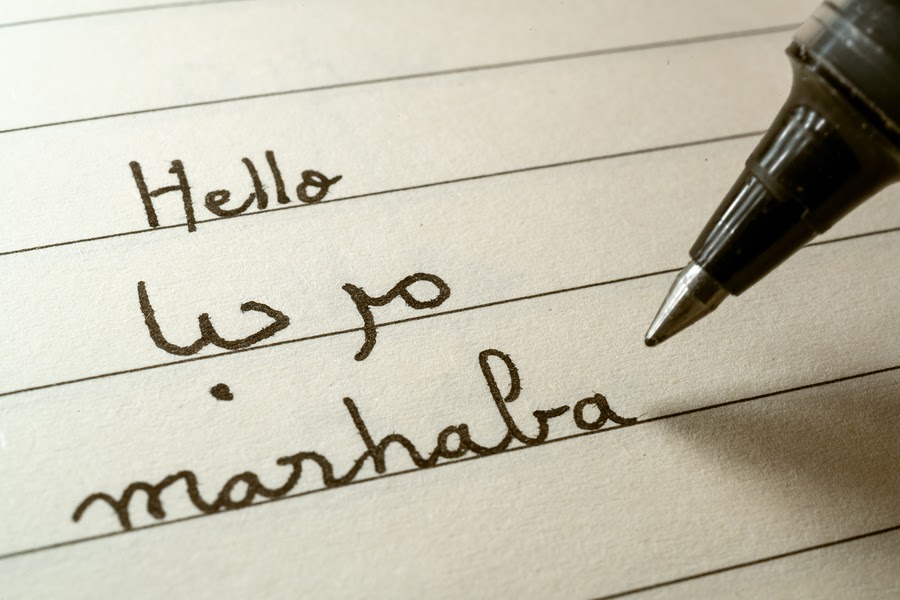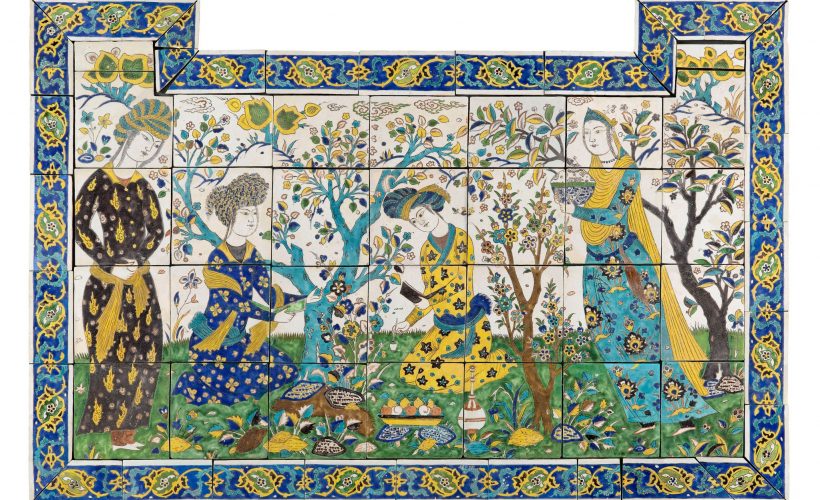History & Heritage
2.12.2020
Arabic, the worldly language

According to her, “the richness of the Arab world lies in all facets of the language: both in dialects and literary Arabic.” It is one of the most widely spoken languages in the world, with well over 400 million speakers and a multitude of variations. Literary Arabic, also known as “literal Arabic” or “classical […]
According to her, “the richness of the Arab world lies in all facets of the language: both in dialects and literary Arabic.”
It is one of the most widely spoken languages in the world, with well over 400 million speakers and a multitude of variations.

Literary Arabic, also known as “literal Arabic” or “classical Arabic” is the reference point and the unifying bridge for the Arab world, with some claims it is the version of Arabic that is not distorted.
It is this version that is found in the Koran, taught in schools, institutes all over the world and administrations.
However, in everyday life, mostly dialects are used to communicate. The twenty two Arab speaking countries have their own accents and variations, imbued with national or regional traits.
Social media has played an important role in the popularization of dialectal Arabic, proving to be faster and more relatable.
The evolution of the language was discussed during one of the round tables “Arabic, the language of the World” at the Maghreb-Orient Book Conference.
“Arabs have never communicated better with one another than they do today. They know each other more and more,” said Fatéma Mezyane. “We share more, we exchange more”.
As a teacher of Arabic, she turns to facebook as a major learning tool, although some purists may find it to be an unorthodox method.
Initially, she wanted to provide interactive content for her students and found that it was unavailable in Arabic. It prompted her to create several facebook pages to serves as a platform to encourage discussion around arabic cinema, music and the arabic language.

It quickly generated interest, reaching beyond her students and into the screens of the growing Arabic community on social media.
Even if social media may alter the literary language, through a lack of prepositions or a saturation of abbreviations: it is a democratic reflection of modern times.
“Arabs have never communicated better with each other than they do today. They know each other more and more. We share more, we exchange more,” she exclaims.
Some fearfully lament that Arabic is dying out, while others see that it is more present than ever.
“More young people are creating music, theatre … all in Arabic: because it’s a choice. They feel that the language reflects them,” concludes Fatéma.
popular

